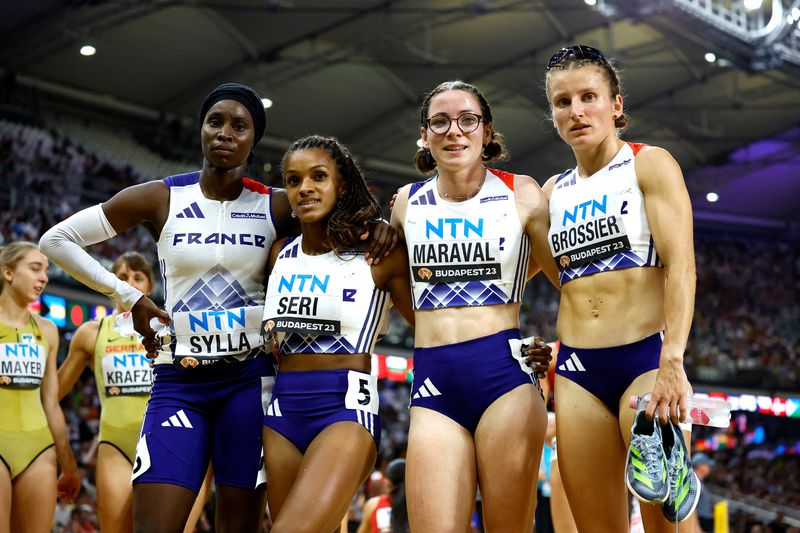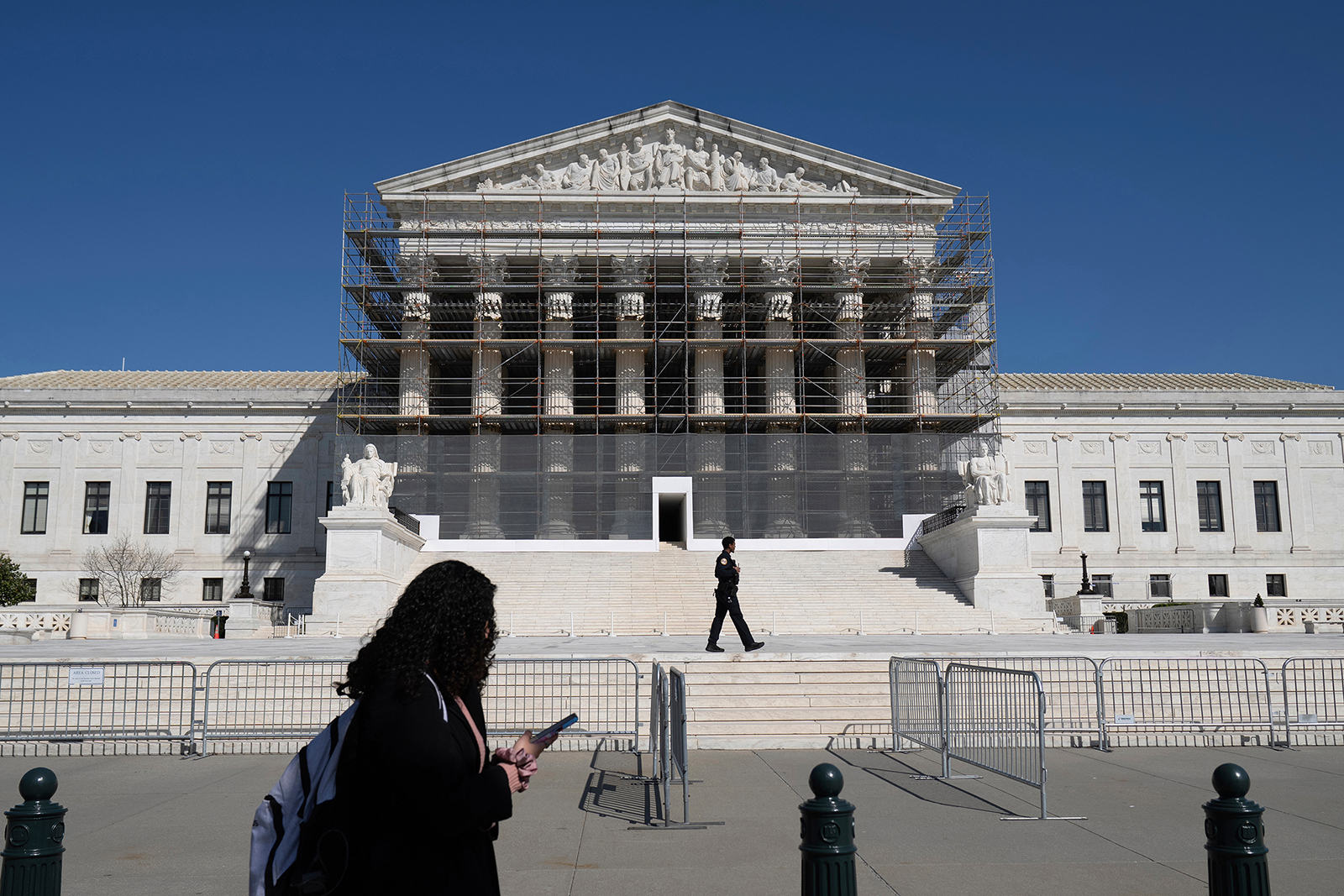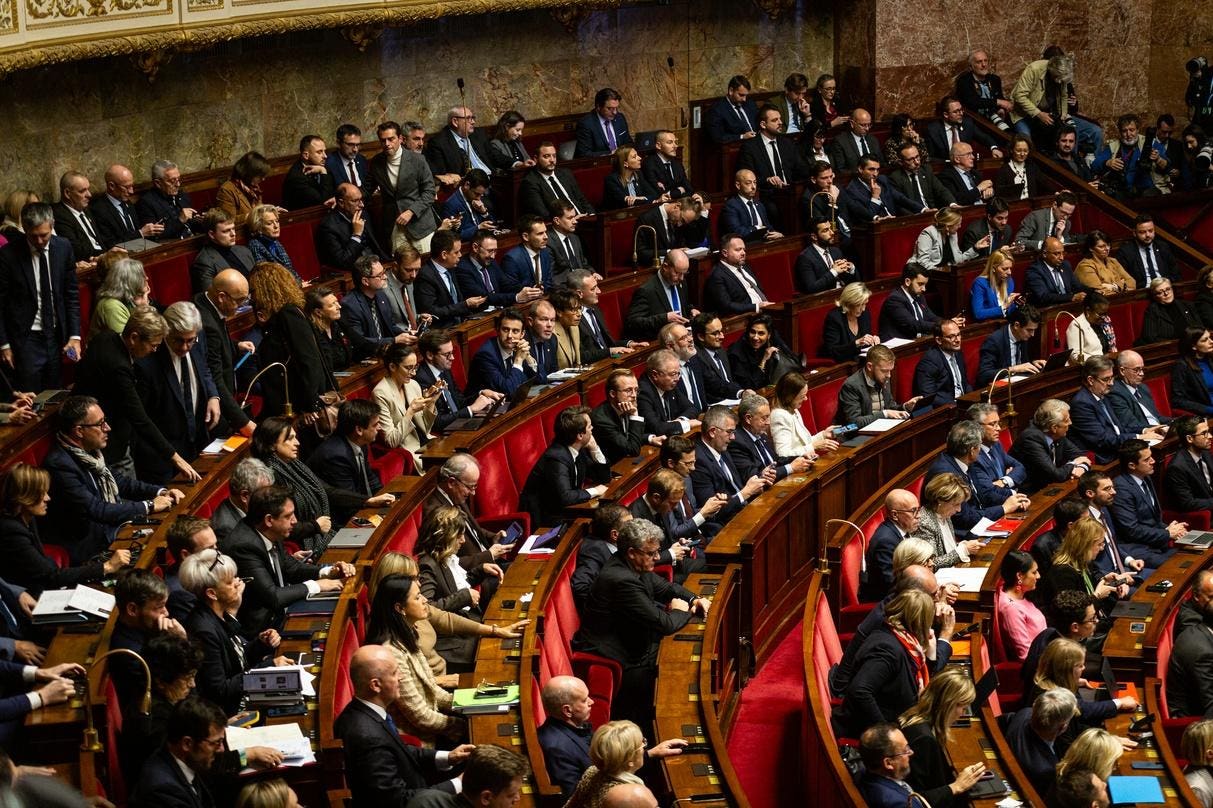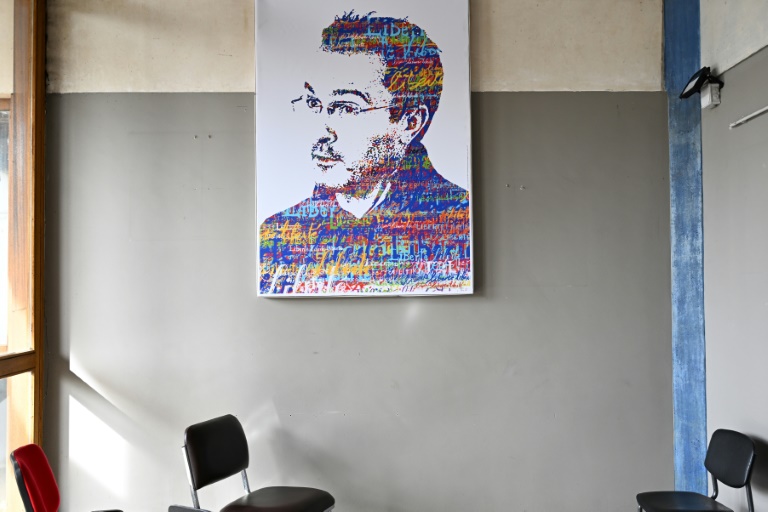By Layli Foroudi
PARIS (Reuters) – French government and Olympics officials are seeking a creative solution to allow Muslim French sprinter Sounkamba Sylla to wear her hijab at the opening ceremony while still complying with the country’s secularism laws, they said on Wednesday.
Thousands of athletes, including some who wear a hijab, are arriving for the Paris Olympics, placing an international spotlight on tensions in France over national identity and perceived discrimination against Muslims.
You may be interested
Sylla, part of France’s 400-metre relay team, wrote on her Instagram account on Monday that her hijab – a head covering worn by many Muslim women – would prevent her from appearing in Friday’s blockbuster opening ceremony along the Seine River.
“You are selected for the Olympic Games, organized in your country, but you can’t take part in the opening ceremony because you wear a scarf on your head,” Sylla posted on her account.
She did not immediately respond to a request for comment.
France, home to Europe’s largest Muslim minority, enforces laws to protect the principle of secularism under which state employees and school pupils are banned from wearing religious symbols and clothing in public institutions. Rights groups say these rules effectively discriminate against Muslims.
Eager to avoid an embarrassing domestic flap with the entire world watching, French government and Olympics officials said they were willing to find a solution for Sylla, although it remains unclear what that could be.
“Our citizens expect us to follow these principles of secularism, but we also need to be inventive about solutions to make everyone feel good,” Amelia Oudea-Castera, minister for sport and the Olympic and Paralympic Games, said on Wednesday, adding that Sylla “understands our principles, our rules”.
Foreign athletes are not affected by the secularism rules.
David Lappartient, president of the French Olympic Committee, said the French Olympic team was “taking part in a public service mission and in this respect it is obliged to observe secularism”.
He acknowledged that the French approach “is sometimes incomprehensible in other countries”, but said there was still time to find solutions before the gala ceremony.
Numerous French sporting authorities have banned women from wearing religious head coverings, such as in football, basketball, judo and boxing, according to Human Rights Watch.
The International Olympic Committee (IOC) does not have rules against wearing religious head coverings.
Maria Hurtado, spokeswoman for the U.N. high commissioner for human rights, criticised the French government in September last year over its stance on the hijab for French athletes during the Olympic Games, saying that “no one should impose on a woman what she needs to wear, or not wear”.
Le Parisien newspaper reported that Sylla might participate in the Olympics opening ceremony wearing a cap.
(Reporting by Layli Foroudi; editing by Mark Heinrich)







